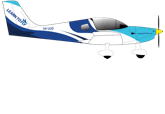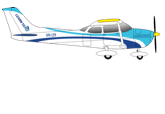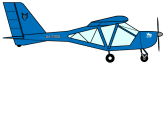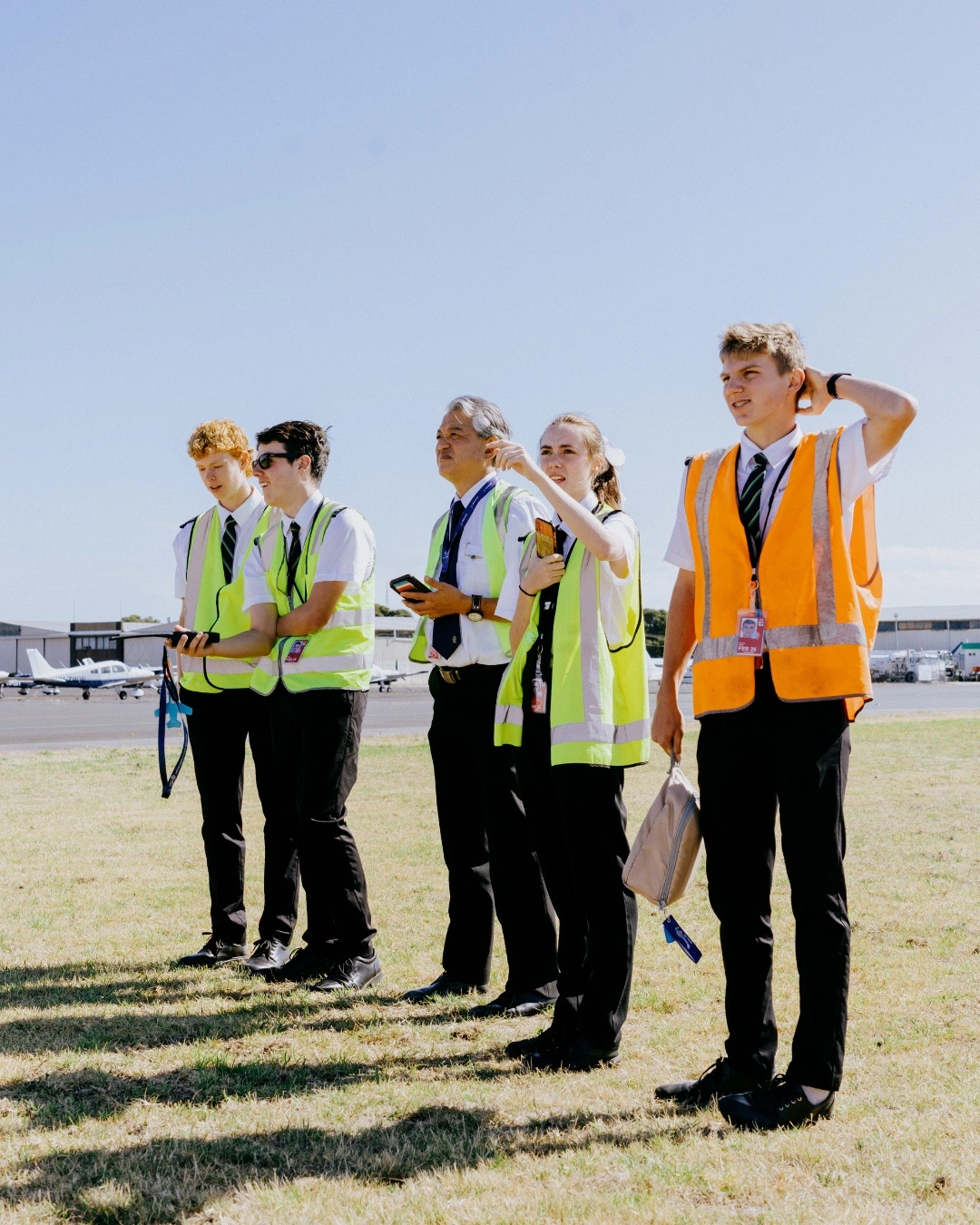
September 03, 2023
The Future of Pilot Training
In the ever-evolving world of aviation, staying ahead of the curve is crucial. Aspiring pilots are constantly seeking innovative ways to prepare for their careers and stand out from the crowd. As a result, airline cadet programs and commercial pilot training courses are transforming to meet these demands. The integration of cutting-edge technologies is revolutionizing pilot training, improving efficiency, cost effectiveness and even training capabilities. Let’s take a moment to explore the future of pilot training. We’ll delve into the role of emerging technologies in aviation, and how we are preparing our future airline cadets.
Emerging Technologies
The integration of Virtual Reality (VR) technology into pilot training programs is transforming the way students learn to fly. VR offers an immersive and realistic training environment that allows aspiring pilots to gain valuable experience without leaving the ground. Students can experience various weather conditions, aircraft handling characteristics, and emergency scenarios in a controlled and safe setting.
Flight simulators have been used in flight training for some time. However, the emergence of Virtual Reality allows schools to take this experience a step further. VR has the ability to both enhance the simulation experience, with fully-immersive visuals, and make them more accessible. A simple VR headset and some basic controls can be significantly cheaper than a full simulator setup.
Artificial Intelligence (AI) is another game-changing technology in pilot training. AI has yet to be widely adopted in the world of flight training and airline cadet programs. Seeing its role in other industries though, the possibilities are exciting. AI models are highly adept at data analysis and monitoring. This could allow AI to assess a pilot’s performance in real-time, providing instant feedback and tailored guidance for improvement.
On the administration side, AI algorithms can also help predict maintenance needs and optimize flight routes for fuel efficiency. By harnessing AI, pilot training programs can ensure a more comprehensive and efficient learning experience. With AI we can better prepare students for the complex and dynamic challenges of modern aviation.
Electrifying the Fleet
As the aviation industry strives to reduce its carbon footprint and embrace sustainability, alternative propulsion systems are beginning to emerge. Electric aircraft are poised to revolutionize the way we travel by air, with new aircraft beginning to enter the market. Electric propulsion systems offer quieter, more efficient, and environmentally friendly alternatives to traditional combustion engines. Pilot training must adapt to this shift by incorporating electric aircraft into their curricula.
Learning to operate electric aircraft requires a unique skill set due to differences in power management, battery technology, and propulsion systems. Future pilots need to understand the intricacies of electric aviation to contribute to a more sustainable future. As electric aircraft begin to enter the aviation industry en masse in the coming years, you can expect to see a representative shift in flight school fleets.
Continuous Innovation
In Australia, Learn To Fly stands out as a shining example of a flight school that’s committed to embracing cutting-edge technology in pilot training. We are constantly assessing the changes in the wider aviation industry, and adapting our curriculum to reflect this. We are committed to ensuring that when our students leave us, they are as prepared as possible for a future in the aviation industry.
Learn To Fly works with a number of partners to develop cutting-edge training offerings both in the air and on the ground. Our partnership with Flight Experience Melbourne, for example, gives our students access to a state-of-the-art Boeing B737-800 simulator, that has been endorsed by Boeing themselves.
As AI continues to evolve both within the aviation industry and beyond, we are keeping a watchful eye on where it can be integrated into our training offering. The next decade of technological advancement has the potential to usher in a revolution in the aviation industry, we’re prepared to be at the forefront of it.
Conclusion
The future of pilot training is being shaped by innovative technologies such as virtual reality, artificial intelligence, and electric aircraft. These advancements offer aspiring pilots immersive and efficient learning experiences while preparing them for the evolving challenges of the aviation industry. Learn To Fly is committed to remaining at the forefront of technological innovation in the industry, delivering the most relevant and career-preparing training we can to our students.
As we navigate the skies of tomorrow, aspiring pilots can take confidence in knowing that institutions like Learn To Fly are equipping them with the skills and knowledge needed to excel in this dynamic and exciting field. Embracing technology and sustainability, Learn To Fly is truly the most cutting-edge choice for those who want to obtain their pilot’s license, undertake airline cadet programs and soar to new heights in the world of aviation.
What Else Should I Know?
We’ve compiled a few useful posts that might help you out. Where ever you are on your aviation journey, the team at Learn To Fly Melbourne are here to help. We want you to pass your exams and have an excellent career, so please reach out if we can help support you through your course and studies!
Pilot Profile: Chun Ki – From Student Pilot to Flight Instructor
Chun Ki (Peter) Cheung was born in Hong Kong before he moved to Australia with big dreams of aviation. He started his training at the age of 18, completing his CPL, MECIR and FIR training with Learn to Fly. Now he’s a Grade 3 flying instructor! Read on to learn from his achievements.
Becoming A Flight Instructor – More Important Now Than Ever Before
We’ll discuss some of the benefits that explain why becoming a flight instructor is more important now than ever before.
Aspiring Career Pilots – Here’s Why You Need a Diploma of Aviation
With so many different types of aviation qualifications out there, which one should you choose? And which Melbourne flight school do you approach? These can be tricky questions to answer, so let us help you out.
Flight Instructor Training Endorsements – All You Need To Know
In this blog we’ll outline the Flight Instructor Training Endorsements that are available. We’ll also guide you on how each of these endorsements can add value to your role as a Flight Instructor and your progression as a professional pilot.


